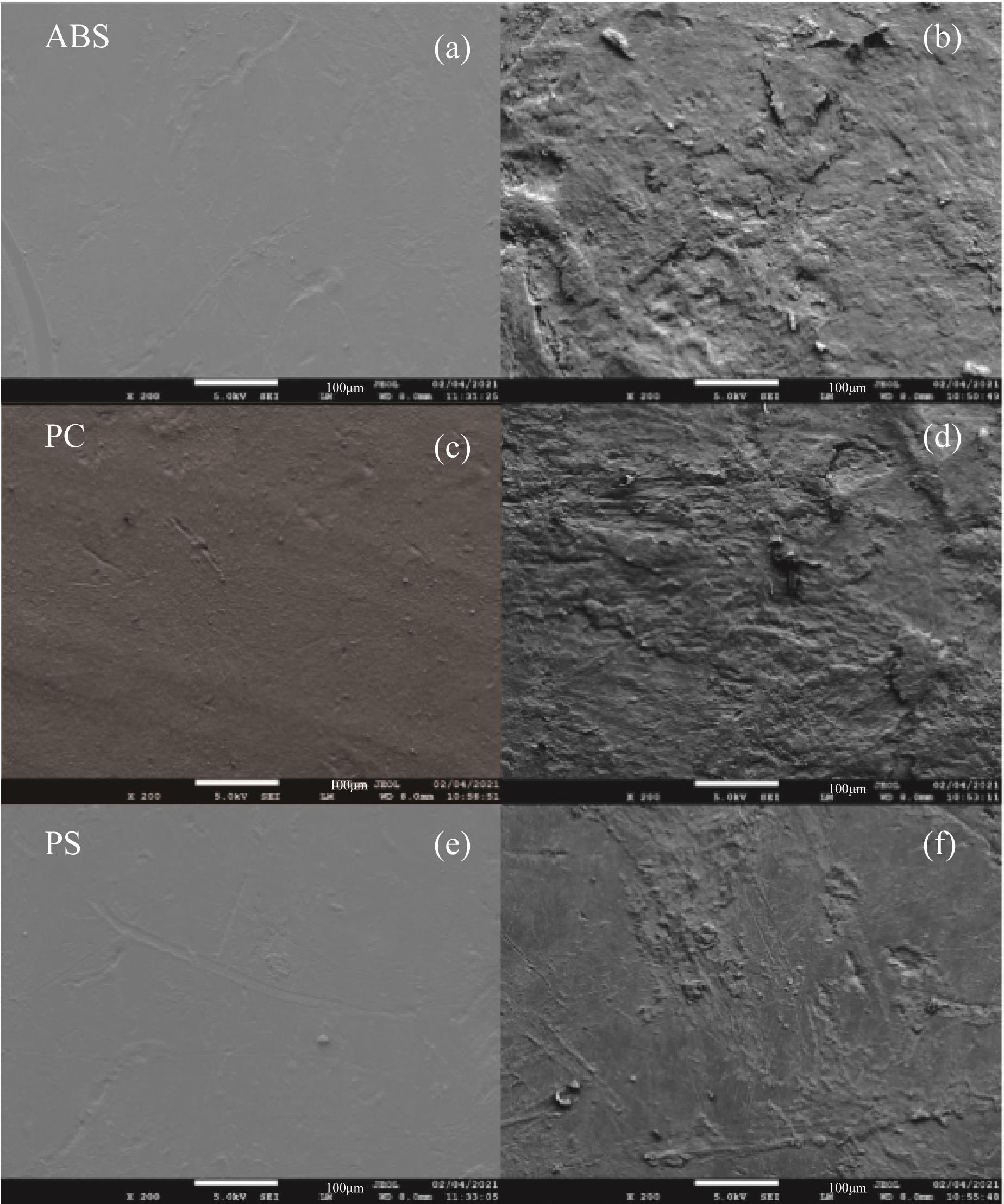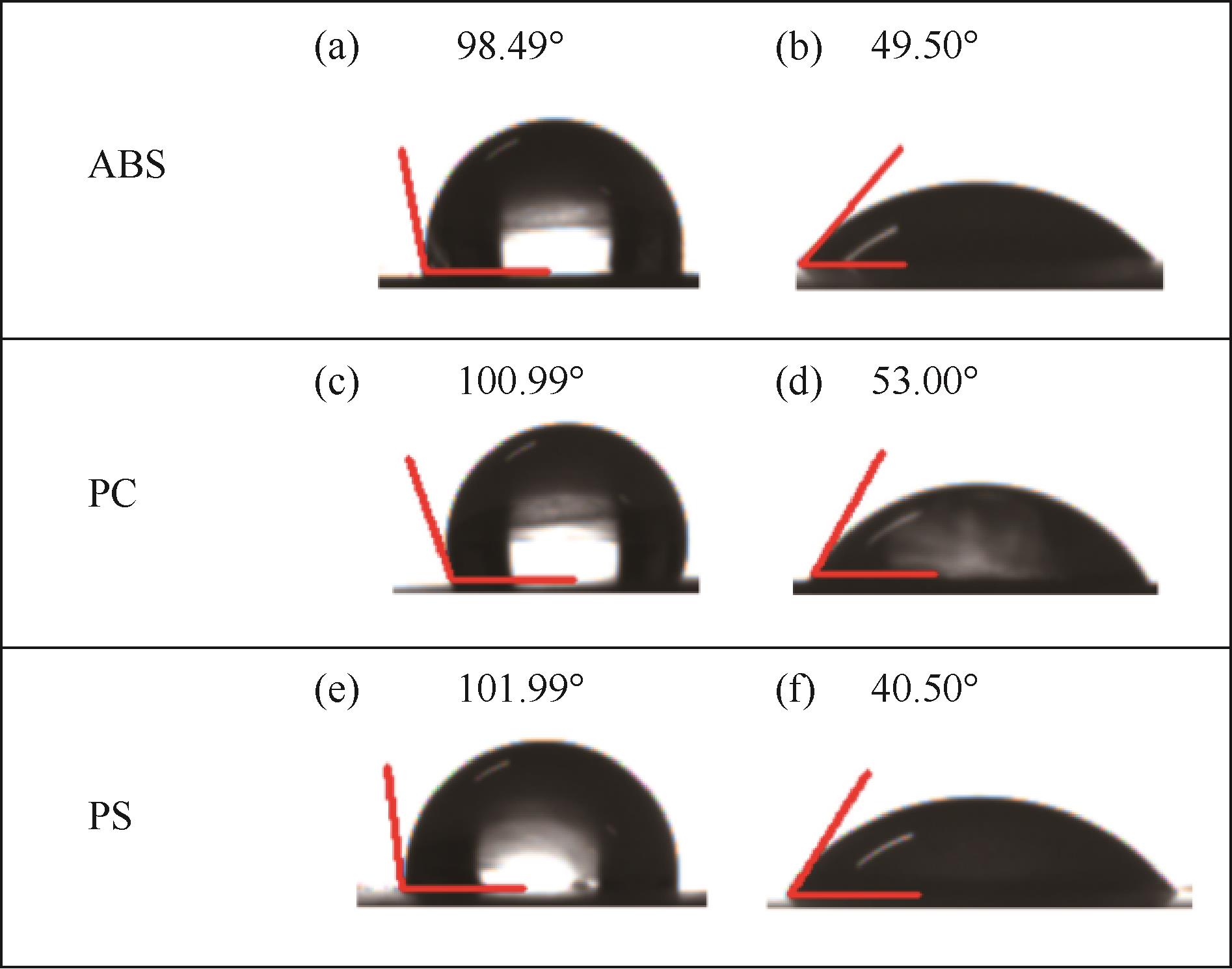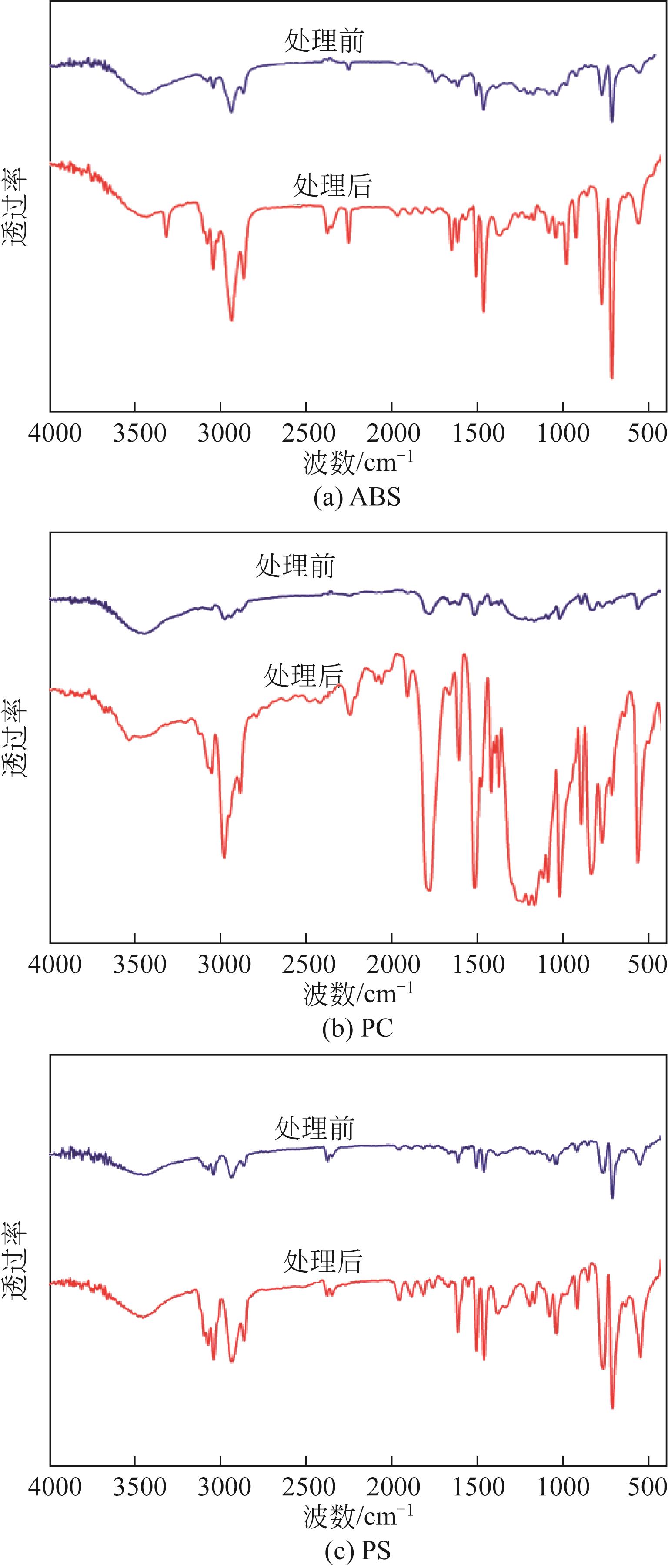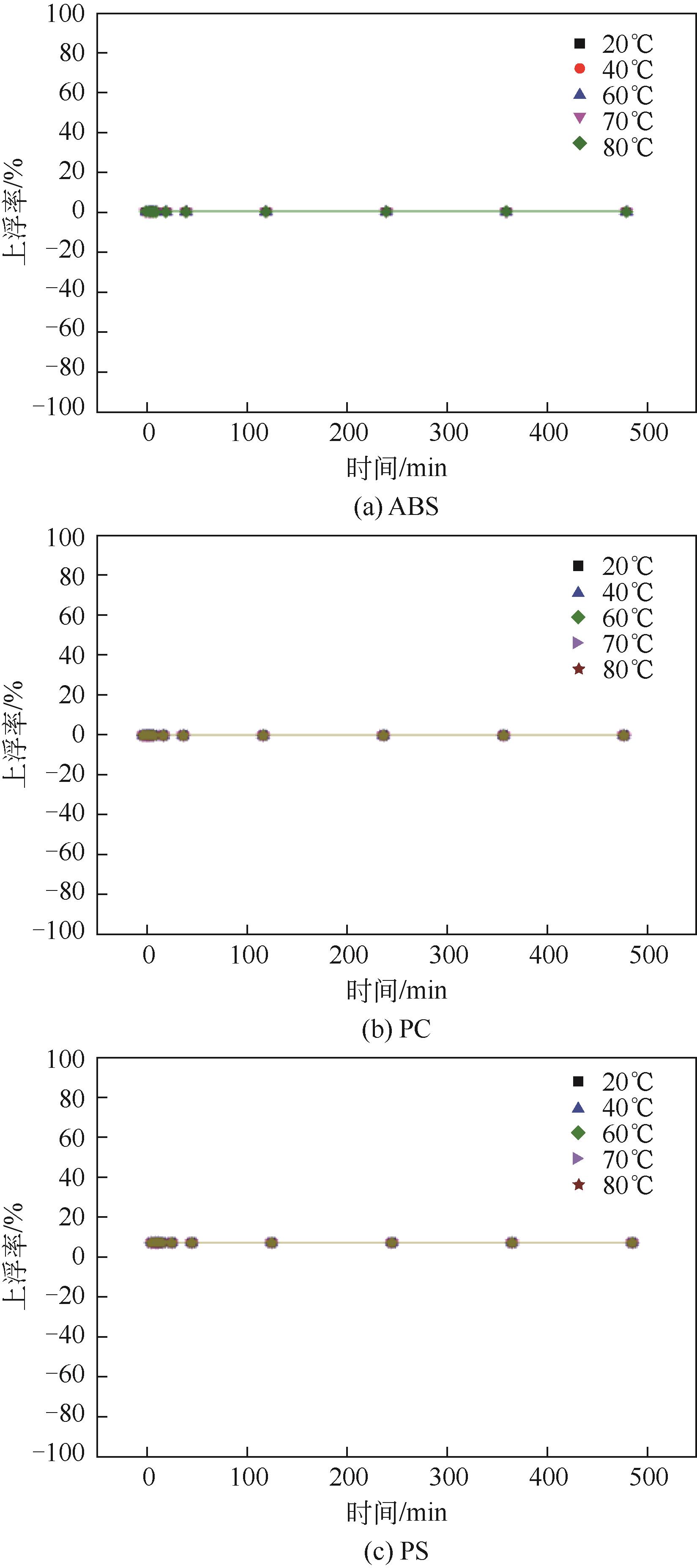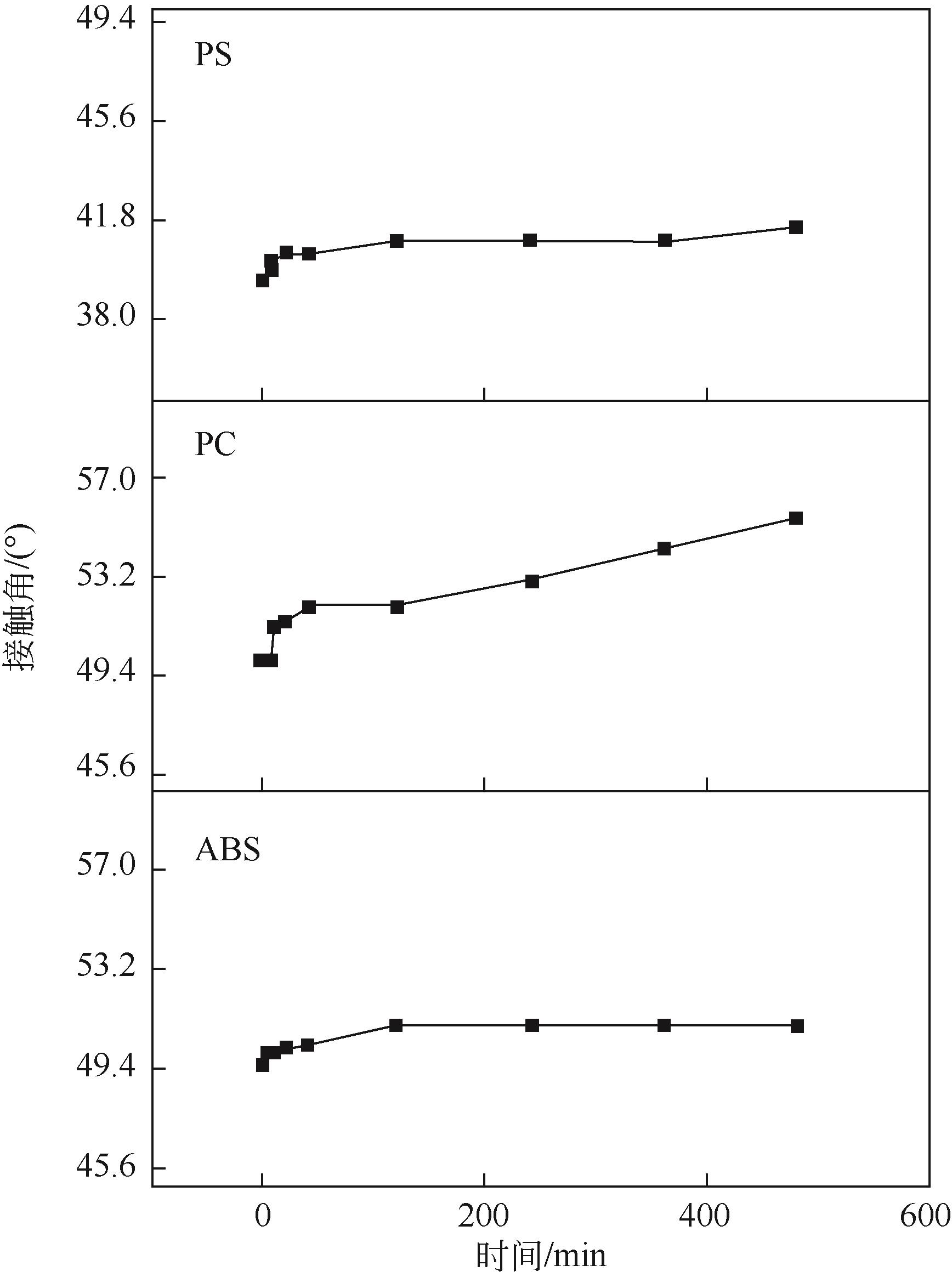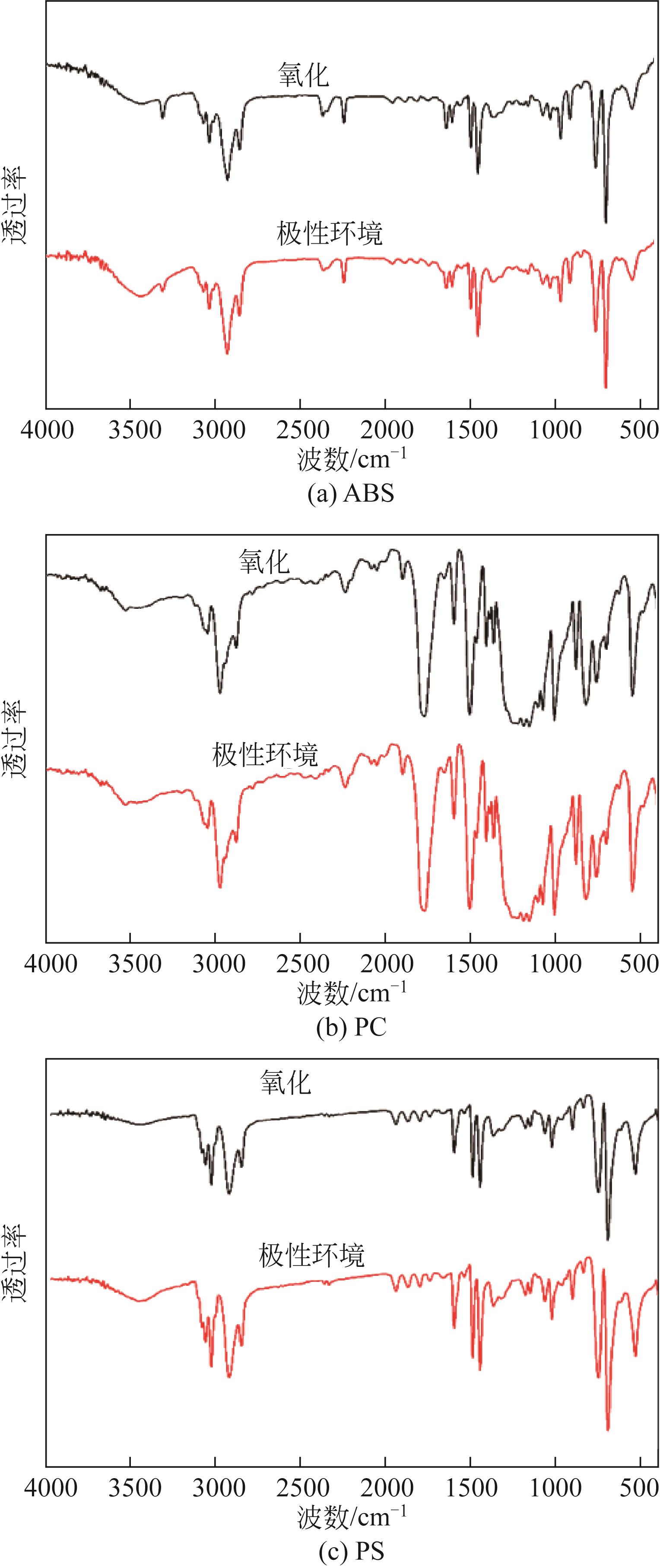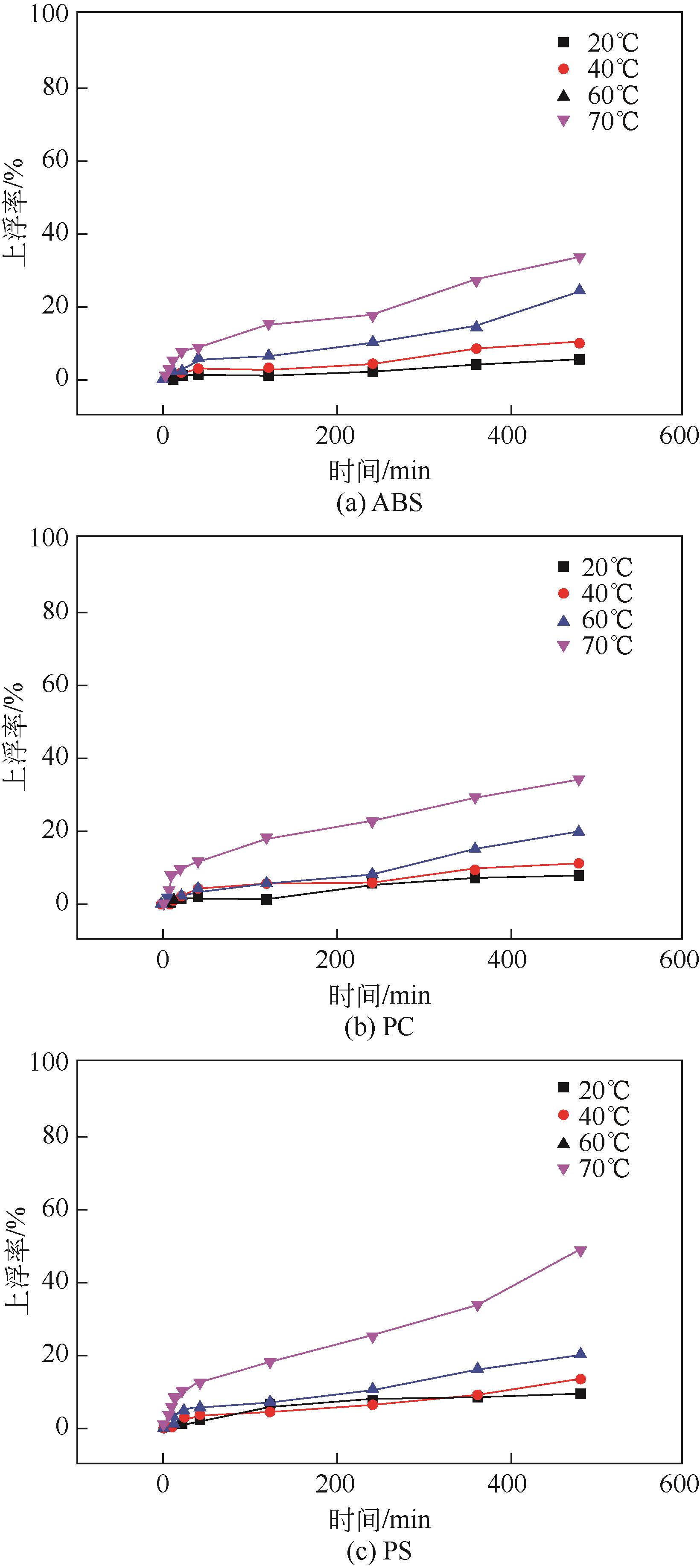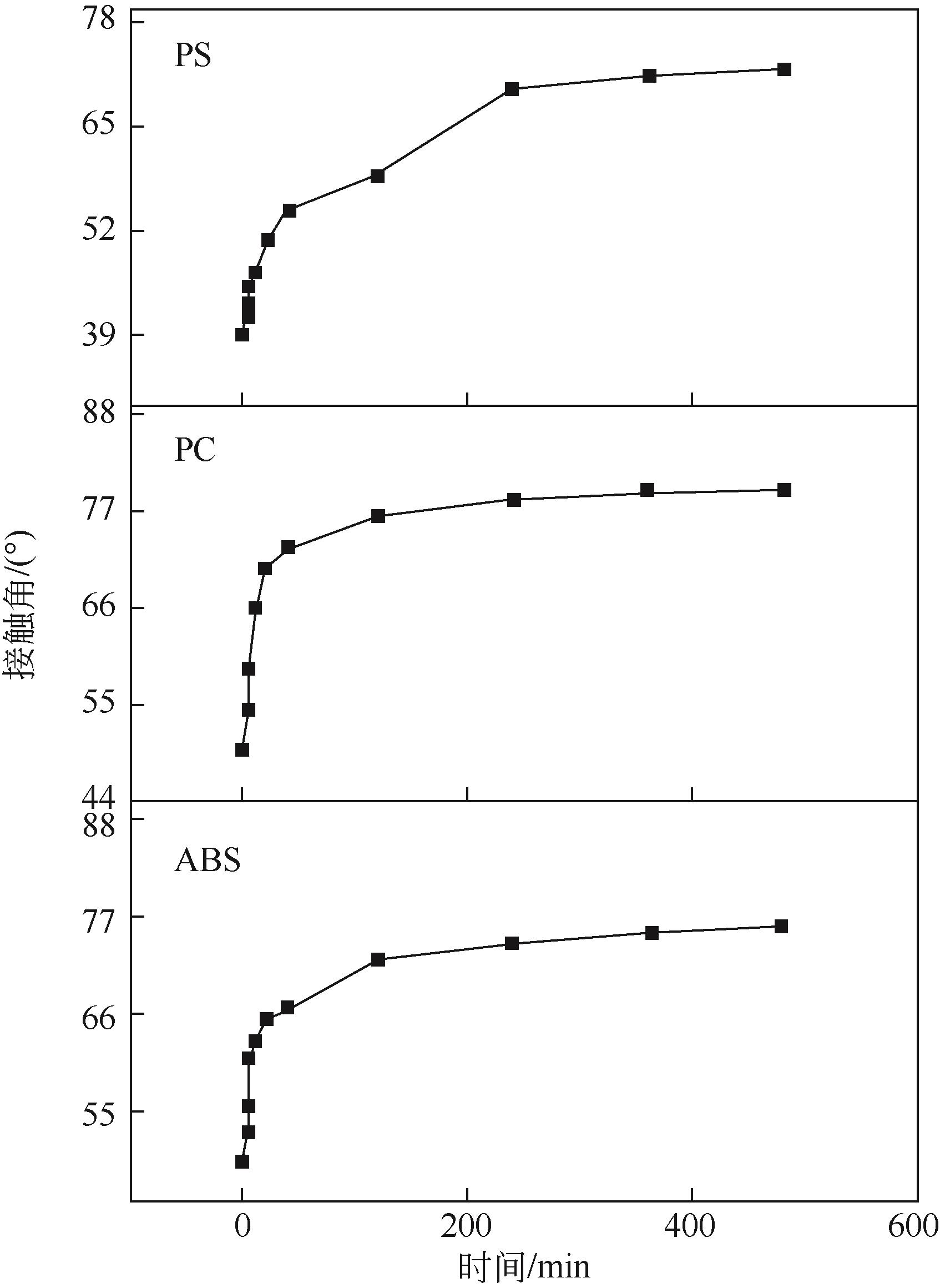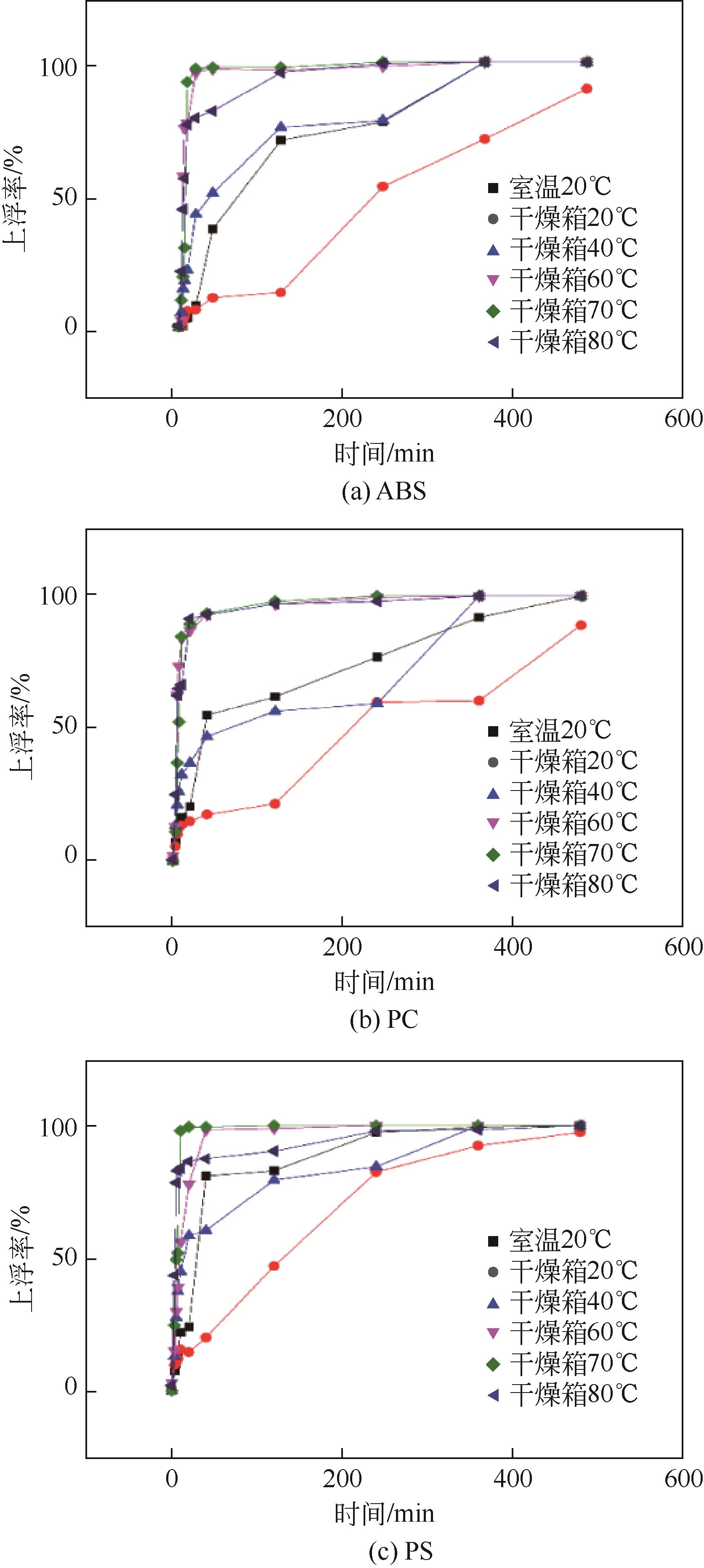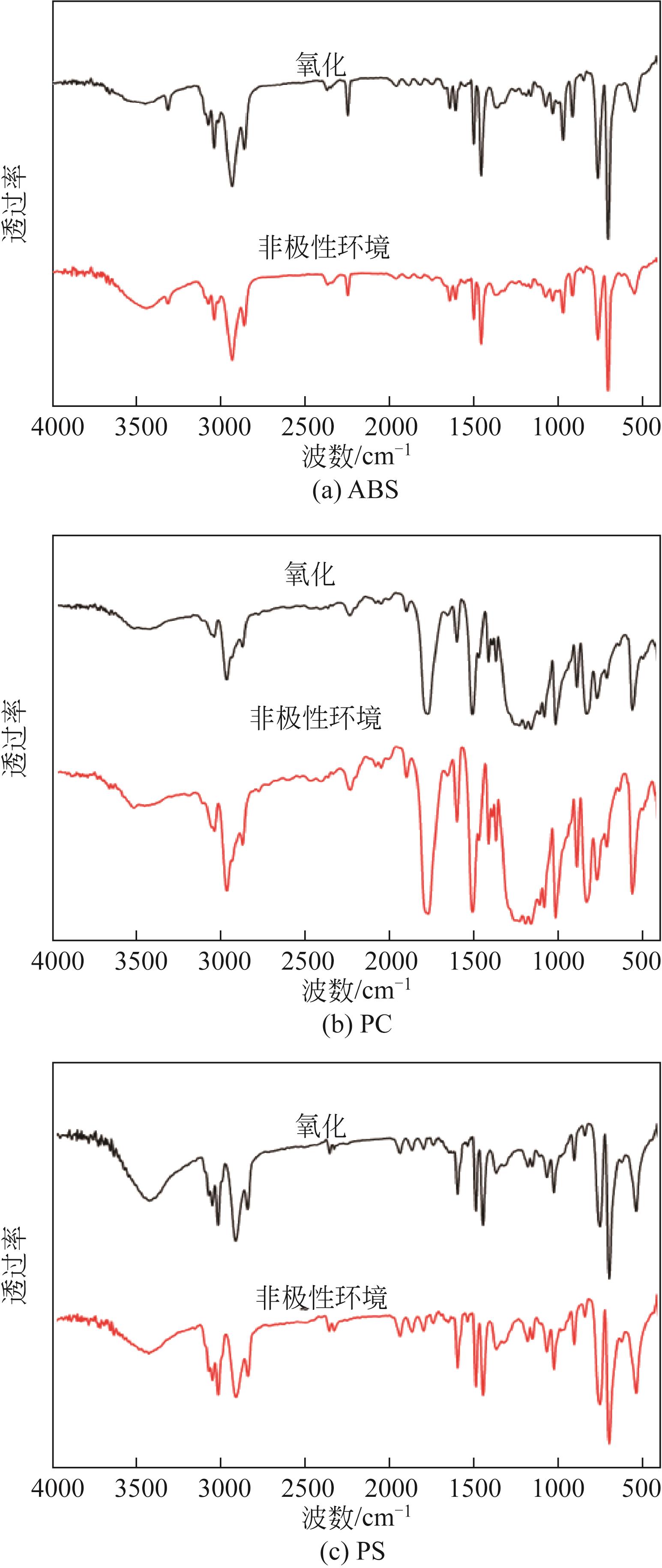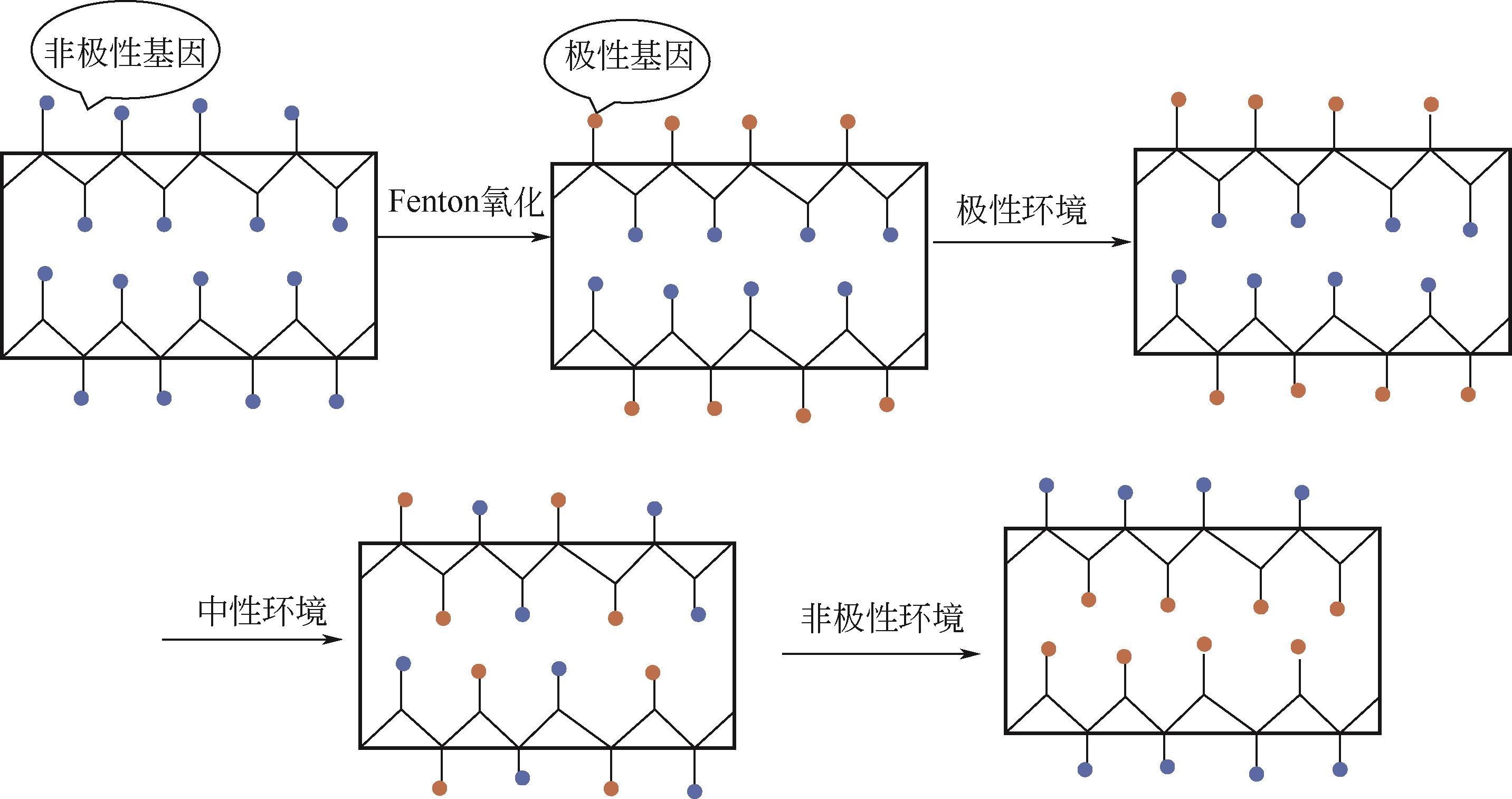| 1 |
石韵. 基于ARIMA时间序列模型的中国塑料制品产量预测研究[J]. 塑料科技, 2020, 48(3): 115-118.
|
|
SHI Yun. Prediction of China’s plastic product output based on ARIMA time series model[J]. Plastics Science and Technology, 2020, 48(3): 115-118.
|
| 2 |
CHEN H L, NATH T K, CHONG S, et al. The plastic waste problem in Malaysia: management, recycling and disposal of local and global plastic waste[J]. SN Applied Sciences, 2021, 3. DOI: 10.1007/s42452-021-04234-y .
|
| 3 |
王琪, 瞿金平, 石碧, 等. 我国废弃塑料污染防治战略研究[J]. 中国工程科学, 2021, 23(1): 160-166.
|
|
WANG Qi, QU Jinping, SHI Bi, et al. Prevention and control of waste plastics pollution in China[J]. Strategic Study of CAE, 2021, 23(1): 160-166.
|
| 4 |
袁英. 废旧高分子材料回收理论与技术应用研究[J]. 化工进展, 2020, 39(11): 4757.
|
|
YUAN Ying. Research on the theory and technology application of waste polymer material recovery[J]. Chemical Industry and Engineering Progress, 2020, 39(11): 4757.
|
| 5 |
PALUSELLI A, FAUVELLE V, GALGANI F, et al. Phthalate release from plastic fragments and degradation in seawater[J]. Environ. Sci. Technol., 2019, 53(1): 166-175.
|
| 6 |
王重庆, 王晖, 赵旭. 废旧塑料浮选分离研究进展[J]. 中国塑料, 2013, 27(2): 96-102.
|
|
WANG Chongqing, WANG Hui, ZHAO Xu. Research progress in the separation of waste plastics by forth flotation[J]. China Plastics, 2013, 27(2): 96-102.
|
| 7 |
MURAKAMI T, KURODA S I, OSAWA Z. Dynamics of polymeric solid surfaces treated by oxygen plasma: plasma-induced increases in surface molecular mobility of polystyrene[J]. Journal of Colloid Interface Science, 1998, 200(1): 192-194.
|
| 8 |
WANG J C, WANG H, YUE D B. Separation of waste polymethyl methacrylate and polyvinyl chloride mixtures by flotation after Fenton oxidation[J]. Journal of Cleaner Production, 2019, 228: 1218-1228.
|
| 9 |
WANG C, WANG H, LIU Y. Separation of polyethylene terephthalate from municipal waste plastics by froth flotation for recycling industry[J]. Waste Management, 2015, 35: 42-47.
|
| 10 |
WANG J C, WANG H, YUE D B. Optimization of surface treatment using sodium hypochlorite facilitates coseparation of ABS and PC from WEEE plastics by flotation[J]. Environmental Science & Technology, 2019, 53(4): 2086-2094.
|
| 11 |
TRUCTRUC N T, LEE C H, LEE B K, et al. Development of hydrophobicity and selective separation of hazardous chlorinated plastics by mild heat treatment after PAC coating and froth flotation[J]. Journal of Hazardous Materials, 2017, 321: 193-202.
|
| 12 |
WANG J C, WANG H. Fenton treatment for flotation separation of polyvinyl chloride from plastic mixtures[J]. Separation and Purification Technoogy, 2017, 187: 415-425.
|
| 13 |
ZHANG Y, JIANG H, WANG K, et al. Green flotation of polyethylene terephthalate and polyvinyl chloride assisted by surface modification of selective CaCO3 coating[J]. Journal of Cleaner Production, 2020, 242: 118441.
|
| 14 |
WANG C, WANG H, WU B, et al. Boiling treatment of ABS and PS plastics for flotation separation[J]. Waste Management, 2014, 34(7): 1206-1210.
|
| 15 |
LUZINOV I, MINKO S, TSUKRUK V V. Adaptive and responsive surfaces through controlled reorganization of interfacial polymer layers[J]. Progress in Polymer Science, 2004, 29(7): 635-698.
|
| 16 |
YASUDA T, OKUNO T, YOSHIDO K, et al. A study of surface dynamics of polymers. II. Investigation by plasma surface implantation of fluorine-containing moieties[J]. Polymer Physics, 1988, 26(8): 1781-1794.
|
| 17 |
YASUDA T, MIYAMA M, YASUDA H. Dynamics of the surface configuration change of polymers in response to changes in environmental conditions. 2. Comparison of changes in air and in liquid water[J]. Langmuir, 1992, 8(5): 1425-1430.
|
| 18 |
SEO Y, NINH T H. Enhanced interfacial adhesion between polypropylene and nylon 6 by in situ reactive compatibilization[J]. Polymer, 2004, 45(25): 8573-8581.
|
| 19 |
陈志方,王新平. 玻璃态聚合物表面重构机理研究[C]//2005年全国高分子学术论文报告会, 北京, 2005.
|
|
CHEN Zhifang, WANG Xinping. Study on surface reconstruction mechanism of glassy polymer[C]//National Polymer Academic Paper Report in 2005, Beijing, 2005.
|
| 20 |
ZHAO Y, LIU L, ZHAO H. Surface reconstruction by a coassembly approach[J]. Angewandte Chemie International Edition, 2019, 58(31): 10577-10581.
|
 ), ZHANG Yingshuang, DU Hailing, HUANG Wei, WANG Hui(
), ZHANG Yingshuang, DU Hailing, HUANG Wei, WANG Hui( )
)



